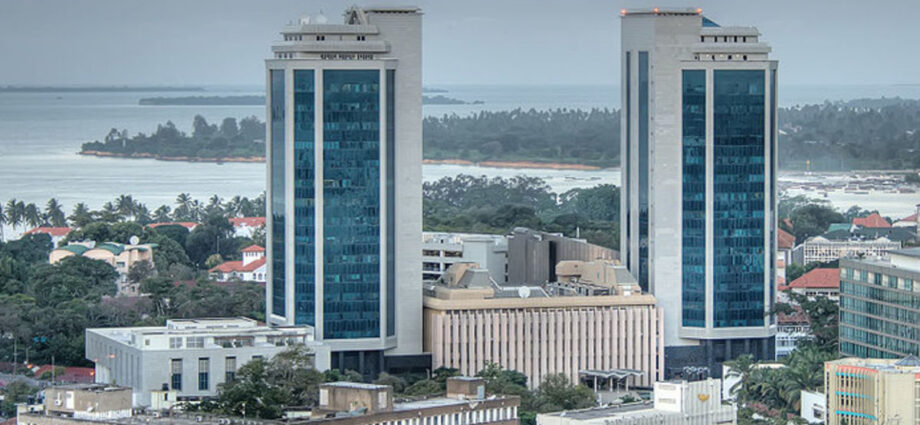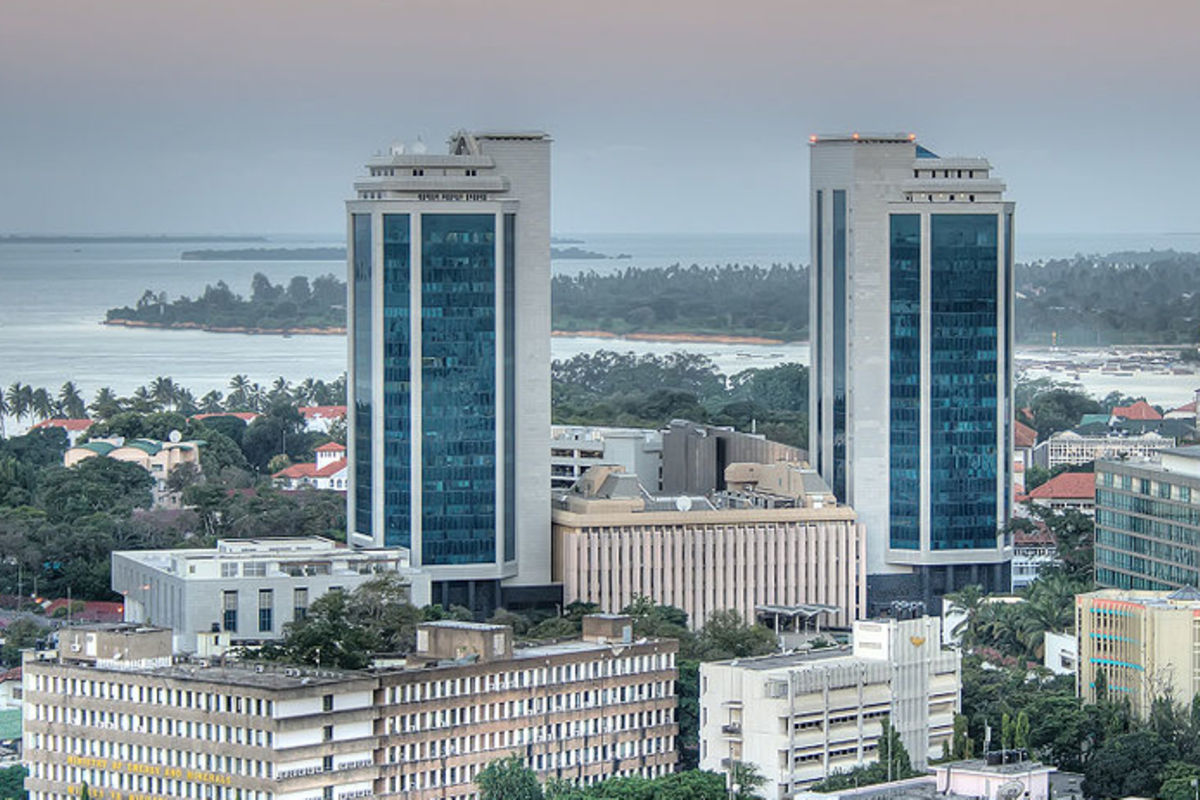Arusha. Tanzania is among a few African countries whose economies are forecasted to excel this year.
The five top performing economies in the continent are expected to grow by over 5.5 percent during 2023/24.
“They will reclaim their position among the world’s ten fastest-growing economies” the African Development Bank (AfDB) said.
Tanzania’s economy is projected to grow by 5.6 percent this year, according to AfDB’s report dubbed ‘Africa’s Macroeconomic Performance and Outlook’.
The country will trail Rwanda, whose economy is projected to grow by 7.9 percent, followed by Côte d’Ivoire 7.1 percent.
The economies of Benin and Ethiopia will during the period (2023/24) grow by 6.4 percent and 6 percent respectively.
The AfDB projections corroborate with the World Bank’s forecasts that Tanzania’s economy will expand by 5.3 percent in 2023.
During his recent meeting with the editors, the deputy permanent secretary in the ministry of Finance Mr Lawrence Mafuru said the economy was on an expansion tempo.
The government’s policies for 2023 will also dwell on stimulating growth while simultaneously mitigating external shocks being a small economy. “As the developed economies struggle with rising inflation rates, Tanzania will find it difficult to acquire its development financing at affordable interest rates,” he said.
Among the measures to be taken is fast-tracking the development of the planned $30 billion Liquefied Natural Gas (LNG) plant to give the economy its growth momentum.
Tanzania’s economic growth for the year will be way above sub-Saharan Africa’s average growth forecast of 3.6 percent.
“Growth across all five African regions was positive in 2022 and the outlook for 2023–24 is projected to be stable,” the report said.
Tanzania and the four other countries were top economic performers in Africa prior to Covid-19 pandemic.
A clutch of other African countries that are also expected to grow their economies by more than 5.5 percent in the same period.
These include Niger (9 percent), Senegal (9.4 percent), DR Congo (6.8 percent), The Gambia (6.4 percent), Mozambique (6.5 percent) and Togo at 6.3 percent. In east Africa, growth is projected to rise from 4.2 percent in 2022 to 5 percent in 2023 and 5.4 percent in 2024, with Rwanda leading the region. Uganda and Ethiopia are also projected to grow strongly in 2023 and 2024, exceeding 5 percent.
This is attributed to developments in the oil sector for Uganda and continued infrastructure spending for Ethiopia. Growth in West Africa is projected to rise from 3.6 percent in 2022 to 4.1 percent in 2023 and 4.3 percent in 2024, with Côte d’Ivoire and Senegal boosting the region’s growth. Central Africa is projected to see a slight decline from 4.7 percent in 2022 to 4.3 percent in 2023 and to stabilize at 4.2 percent in 2024.
The southern African region, weighed down by economic woes in South Africa, has the lowest growth rates, despite standout performer, Mozambique. In the medium term, however, persistent weakness in South Africa will continue to weigh on the region. The real output in what was once Africa’s largest economy is projected to decelerate to 2.3 percent in 2023 before rising to 2.8 percent in 2024.
Growth in the south will be primarily driven by Mozambique, which will see economic growth boosted by investment in liquefied natural gas and allied industries.
In northern Africa, growth is projected to stabilise at 4.3 percent in 2023, supported by an expected strong recovery in Libya and Morocco. Africa will be the fast-growing part of the world economy this year despite the soaring fuel and food prices globally.















